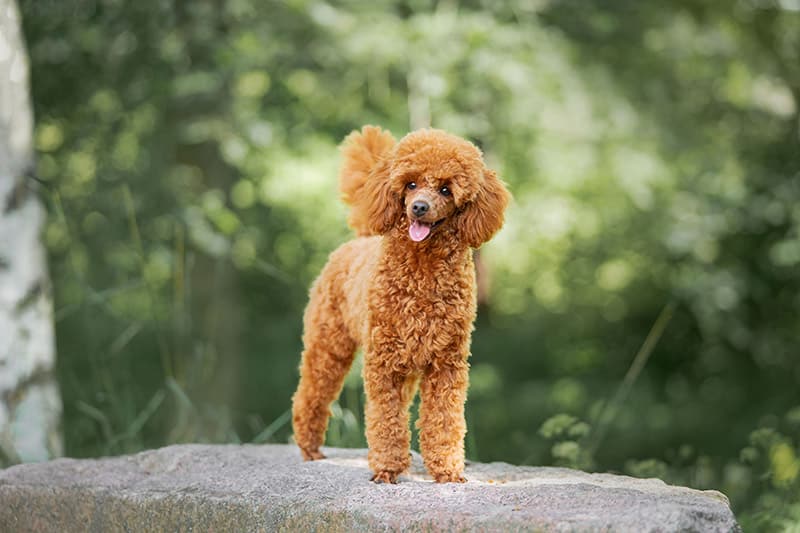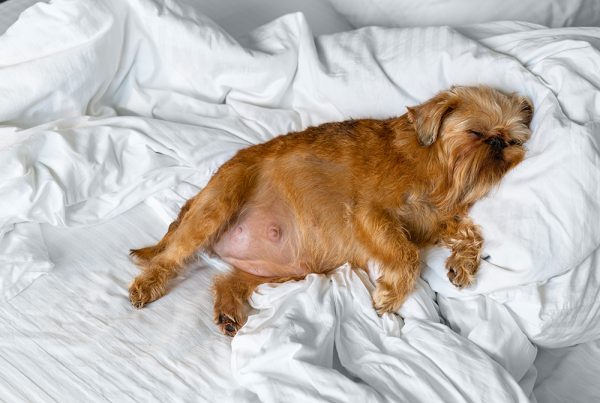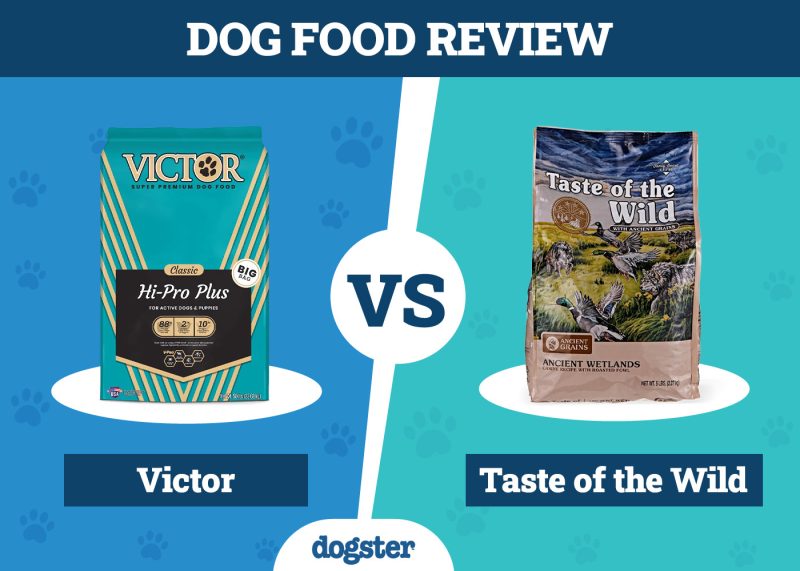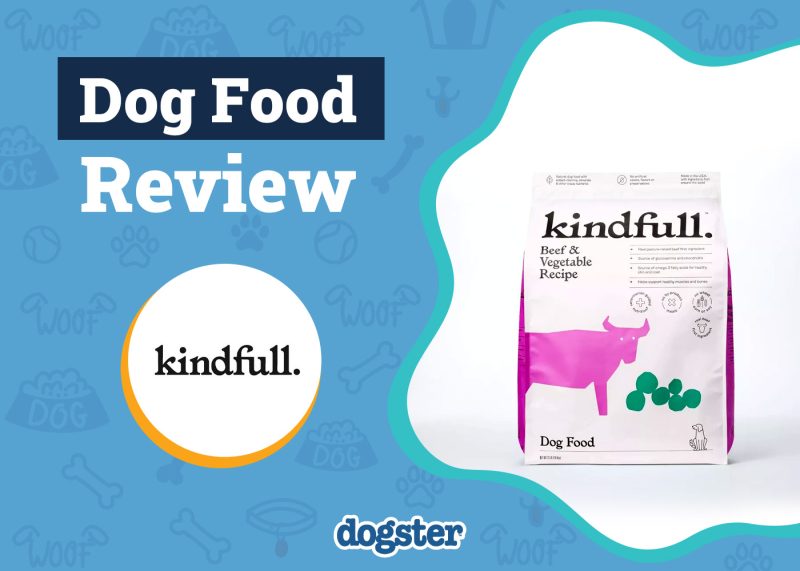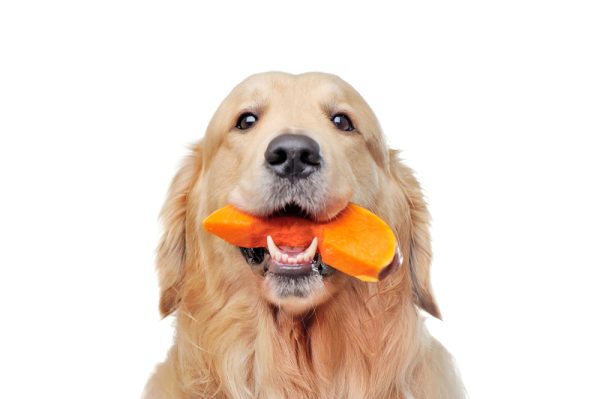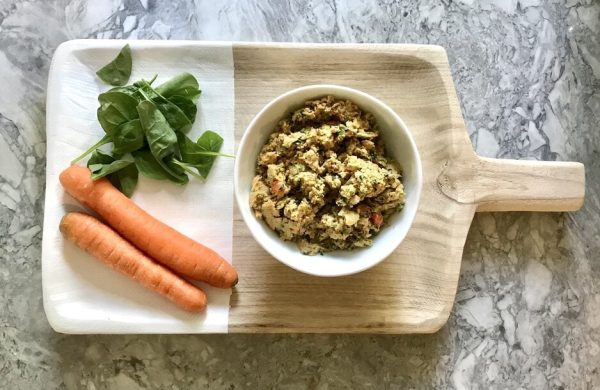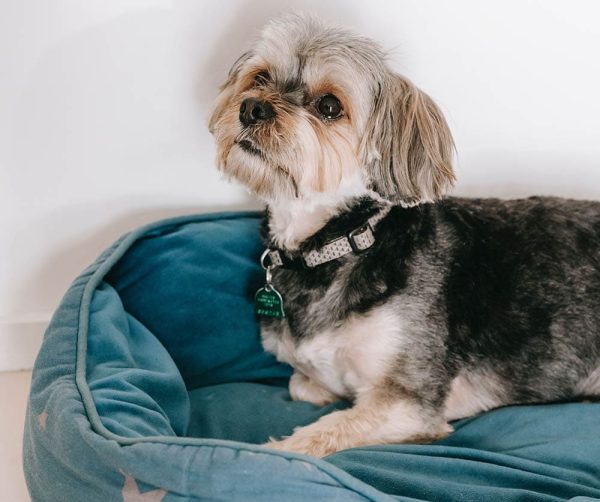In this article
View 8 More +Poodles come in all shapes and sizes, and if you’re looking for a smaller Poodle, the Miniature Poodle is a great choice. They’re not the smallest Poodles in the world, as the Toy Poodle is smaller, but they’re still pretty small, smart, and lovable. There’s plenty to love about these pups, and it’s why they’re among the most popular dog breeds in the world right now!
Breed Overview
Height:
10–15 inches
Weight:
10–15 pounds
Lifespan:
10–18 years
Colors:
Apricot, black, blue, brown, cream, red, silver, silver beige, white, café au lait, and gray
Suitable for:
Active families, those with mild pet allergies, families with children, and single-pet homes
Temperament:
Loyal, loving, intelligent, easy to train, vocal, and high-energy
Miniature Poodles are simply Poodles that are between 10 and 15 pounds, but in many other ways, they’re identical to the other sizes of Poodles (Standard and Toy). They’re the second smartest dogs in the world, and they want to hang out with their owners as much as possible.1
Poodles are the best possible combination of showmanship and companionship, and since they’re considered more hypoallergenic than other breeds (although no dog is truly hypoallergenic), they’re a wise choice for people with mild pet allergies.
Miniature Poodle Characteristics

Miniature Poodle Puppies
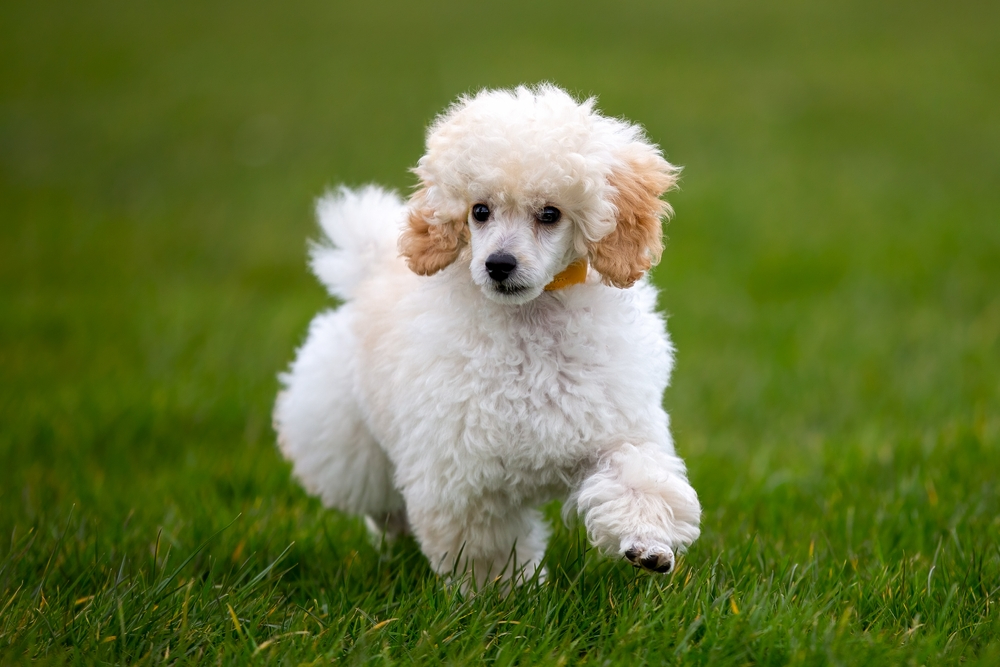
Poodles of all sizes are incredibly popular in the United States and abroad, making it relatively easy to find a reputable breeder. Because you can find a fair number of Miniature Poodle breeders, we highly recommend being as picky as possible when vetting one.
Ensure you get a health guarantee and references, and that you can check out the facilities before purchasing one. Aim for a breeder that raises them in their home so they are well-socialized with humans and other pets. You want to do everything you can to avoid puppy mills, as this is what’s best for the breed and ensures you get a happy, healthy, and well-adjusted puppy.
You also might be able to find a Miniature Poodle in a shelter, but it’s very likely that these dogs will not be purebred, which can make it a bit more challenging to determine exactly what you’re getting and can lead to health issues—which costs more money—in the future.

Temperament & Intelligence of the Miniature Poodle
With a sweet nature and eagerness to please their owners, it’s tough to find a dog that gets along with everyone as well as the Miniature Poodle. Not only are they sweet and loving, but they’re among the smartest dogs on the planet and can pick up on training in no time.
In fact, according to Stanley Coren’s dog intelligence ranking, the Miniature Poodle comes in second, only coming behind the Border Collie in overall intelligence. Whether you’re looking for a dog to cuddle up with on the couch or a dog that you can teach all sorts of complicated tricks, a Miniature Poodle is a wise choice.
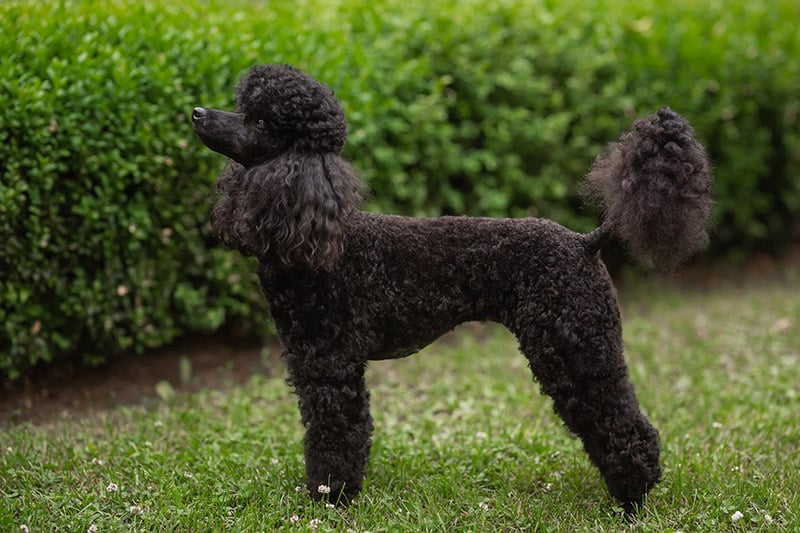
Are These Dogs Good for Families? 👪
Miniature Poodles are the ideal family dog. They generally get along great with kids of all ages, and while they might prefer one owner over another, they really are affectionate with everyone in the family.
Early socialization is still critical, though, and you should remain cautious around smaller children who might fall into them while learning to walk and accidentally hurt them. Miniature Poodles are pretty nimble and quick, but even they can’t avoid every move from a child.
Does This Breed Get Along With Other Pets? 🐶 😽
While the Miniature Poodle often gets along with other pets, it’s not a sure thing. Early socialization can help quite a bit, and if you keep up with this, you can usually keep them with other pets. This is true for other dogs, cats, and smaller pets, but just keep in mind that every dog has its own personality, so make introductions the right way and never leave a Miniature Poodle alone with smaller pets.

Things to Know When Owning a Miniature Poodle
While owning a Miniature Poodle is similar to owning any other type of dog, there are a few unique things you should be aware of. We don’t want you to encounter any unexpected surprises, which is why we took the time to go over some of the basics for you below.
Food & Diet Requirements 🦴
Because of their smaller size, it shouldn’t cost you too much to properly feed a Miniature Poodle. However, it’s essential to get them a high-quality diet that meets all their nutritional needs. While you might need to spend a little more on this upfront, it’s going to keep your pup healthier and happier, plus it will save you money on future vet bills. Just be sure to follow your vet’s guidance, as well as the feeding guidelines on the packaging of your food of choice.
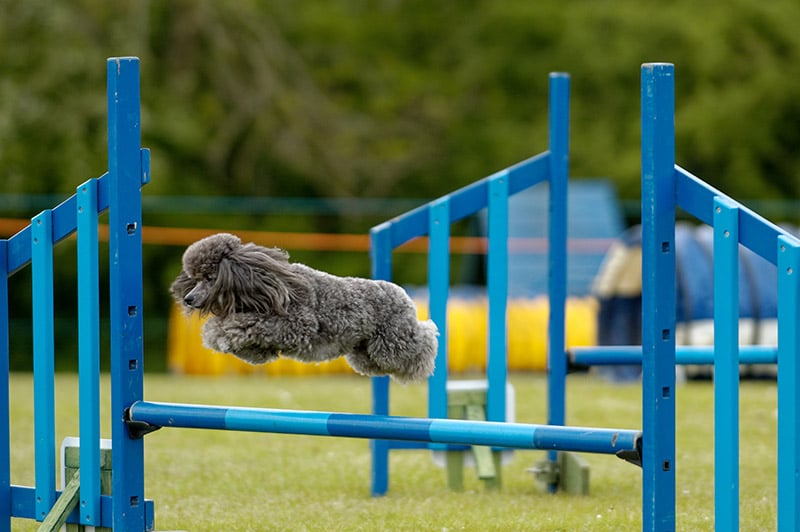
Exercise 🐕
Not only does a Miniature Poodle not eat as much because of their smaller size, but it’s also easier to hit their daily exercise needs. The Miniature Poodle can be a relatively high-energy breed, but you can meet most of their energy requirements in your home by playing games like fetch. However, it’s still important to get them out for walks, and we recommend at least two walks a day, and each walk should last at least 15 minutes.
Training 🎾
Miniature Poodles are eager to please and as smart as they come, two characteristics that make training comparatively easy. However, you still need to set aside the time to train them, and you must stay consistent with it.
Aim for one or two training sessions per day, each lasting about 5 to 10 minutes. Stick solely to positive reinforcement, minimize distractions, and bring some of their favorite treats to get the most out of each session and encourage them to keep trying.
Grooming ✂️
As a “hypoallergenic” breed that doesn’t shed much, a Miniature Poodle has unique grooming requirements in that you’ll need to take them for monthly haircuts or do it yourself. You’ll also need to brush them out daily to keep their fur from matting. Plus, you should brush their teeth once a day to keep up with their oral hygiene. Finally, trim their nails as needed, or let the groomer handle it when you take them in for their monthly haircuts.
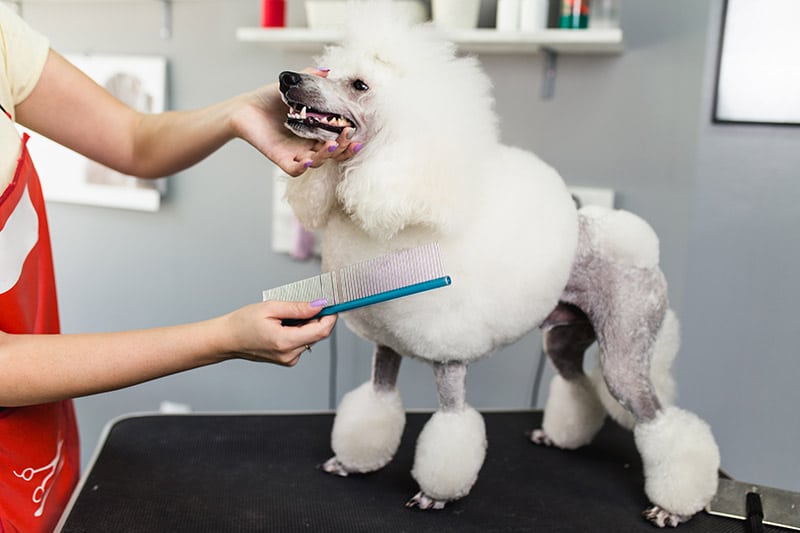
Health and Conditions 🏥
While there’s a fair amount of health conditions that can affect a Miniature Poodle, if you get your pup from a reputable breeder, it’s not something you should have to worry too much about. However, it’s still a good idea to know what to keep an eye out for, even if it is relatively unlikely that your dog will develop any serious conditions.
- Allergies
- Eye problems
- Cushing’s disease
- Epilepsy
- Hip dysplasia
- Progressive retinal atrophy
- Hypothyroidism

Male vs. Female
There aren’t too many differences between male and female Miniature Poodles. Males tend to stand a little bit taller than females from the same litter, but because Poodles can vary so much in size, their genetics tend to play a larger role than their gender.

3 Little-Known Facts About the Miniature Poodle
1. Their Coats Never Stop Growing
Miniature Poodles don’t shed much, but their coats never stop growing. This is why frequent grooming is so important. Otherwise, their constantly growing coat will turn into quite a mess and lead to painful mats.
2. They’re Popular Show Dogs
Between their smaller size, eagerness to please, high intelligence, and cuteness, it’s really no surprise that you can find all sorts of Miniature Poodles in the show ring. However, the last Miniature Poodle to win in the show was Surrey Spice Girl in 2002.
3. They Started as Standard Poodles
While you can find Poodles in three different sizes today, at one point, they were all Standard Poodles! Standard Poodles can weigh up to 70 pounds, making them seven times larger than many Miniature Poodles.
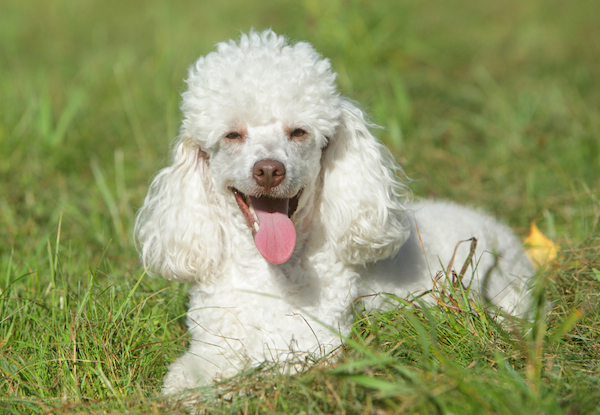

Final Thoughts
Even if you don’t want your very own Miniature Poodle, there’s no denying how many amazing traits they have. They’re great for people with pet allergies and are highly trainable, affectionate, and downright cute, so it’s no surprise that these dogs are so popular.
They’re still quite the commitment, though, so ensure you can care for them for 10 to 15 years before you decide to bring one home yourself.
See Also:
- How Big Do Mini Poodles Get? Vet Reviewed Average Weight & Growth Chart
- Parti Poodle: Info, Pictures, Origin & History
Featured Image Credit: Diana Kortelahti, Shutterstock
